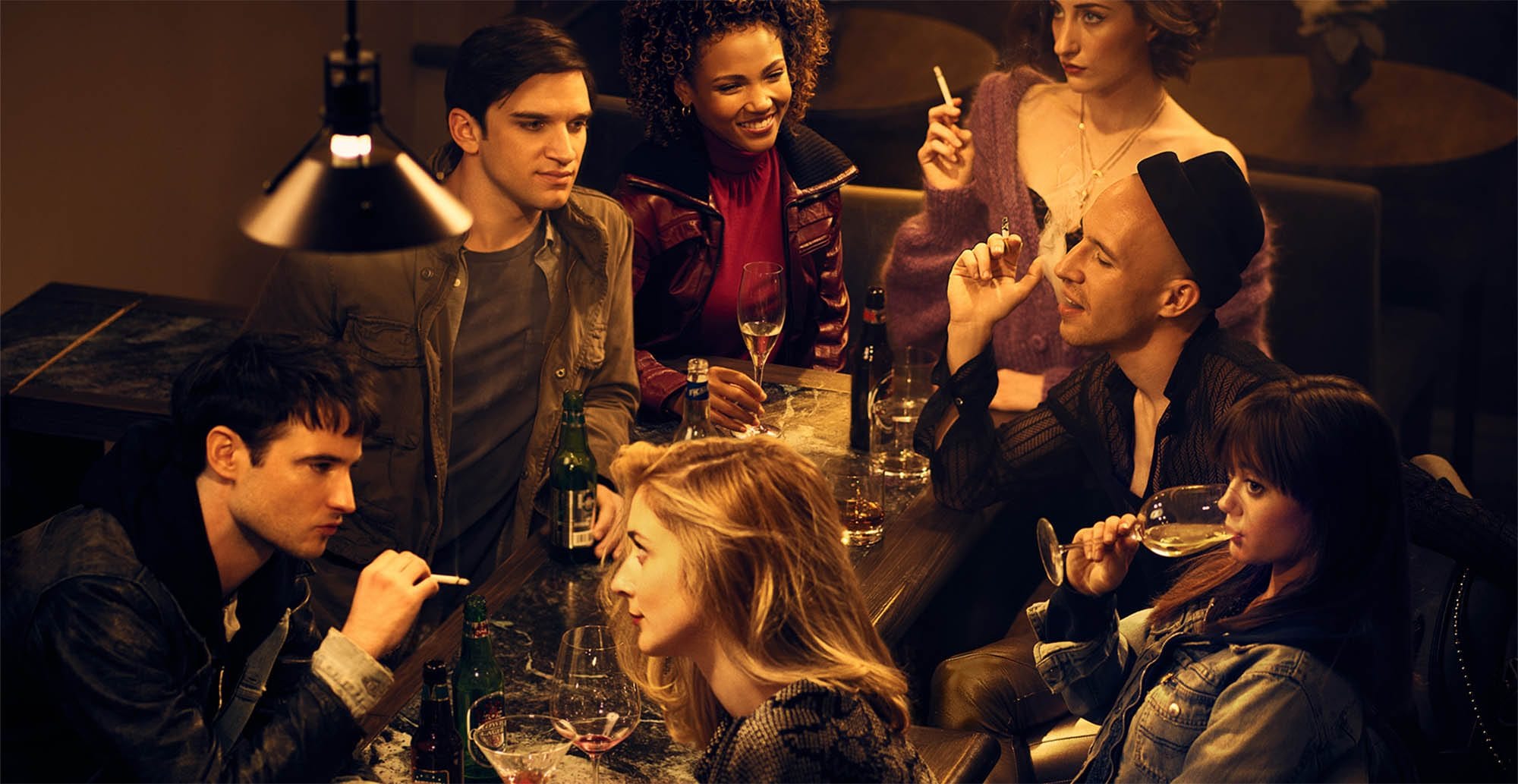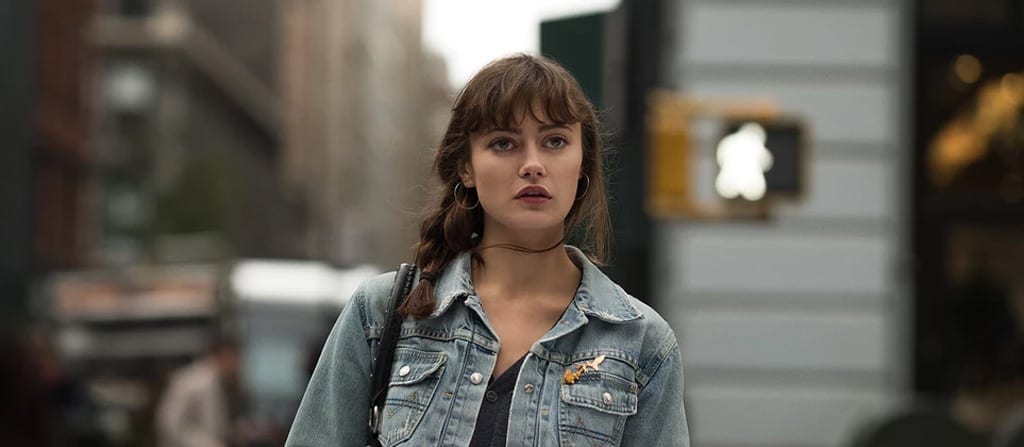
Young and pretty in the city: The outdated entitlement of ‘Sweetbitter’
Set in the apparent halcyon days of New York City in 2006 – when every pretty young white girl of a certain age had just seen The Devil Wears Prada and thought “Yes! I could happily and easily walk into a high level job I’m lacking the basic experience for!” – Starz’s new show Sweetbitter takes naive femininity and white entitlement to new levels of insufferable.
The show follows naive waif Tess (Ella Purnell), a pretty young woman throwing her small town life in the dumpster to replace it with the bustling joys of New York City. “There wasn’t any exhilaration, just momentum,” she muses breathlessly in a voiceover narrative describing her free spirited drive to the big city.
Those same words could capably be used to describe the pilot episode of Sweetbitter – a restaurant-based drama we’re likely going to pull a dine and dash on because the service was so poor. Throughout the episode we’re reminded of one key detail concerning Tess: her defining personality trait is that she has absolutely zero personality.
But apparently you can still walk straight into a job so long as you have enormous eyes and the sort of pouting lip that demands strange things of men who should probably know better. During her job interview with quirky boss Howard (Paul Sparks) at what everyone refers to as being “the best restaurant in New York”, she’s arrogantly honest about her complete lack of experience and her ignorance about wine and the names of bordeaux grapes.
It’s totally no biggie, though – Howard’s more interested in who this enchanting young woman is. Why did she come to New York? (She doesn’t know.) What book is she reading? (She isn’t reading anything.) What does she want to do with her life? (She has no idea, but she definitely doesn’t want to be an actress or a writer, so that’s something.
Later on in the episode, cool as ice waitress Simone (played by Caitlin FitzGerald, who is the exquisitely mysterious highlight of the entire thing) astutely notes to Tess, “You have gotten by on your charm for so long you haven’t developed a character.” Clearly a show had to be made about this fascinating young woman immediately!

It isn’t just that Tess has less personality (and substance) than the bar mop she spends half the episode in search of. It’s also that the portrayal of a naive young woman moving to a big city with no money, no ambition, and no plan but finding her feet anyway isn’t just outdated – it’s outrageous.
When it seems like Howard has seen sense and decided against giving Tess a trial run at his prestigious restaurant, does she reel out all the ways she’ll be a great employee despite her lack of experience? Does she tell him she’ll learn everything she can about wine, train hard, and work long hours to get the job down? She does not.
Instead, Tess notes that she just really wants to work there. “Maybe it’s the flowers or the pink chairs or your nails,” she opines dreamily about all the things she likes about the place. Howard smirks warmly as though this is the winning response; the only response worth hiring a young woman for.

Sweetbitter stands in stark contrast to the Netflix Originals series Girlboss – another show set in 2006 about a pretty young white woman working in a big city. Girlboss had its flaws – a lot of them – but it at least depicted a young woman making some kind of concerted effort to survive.
Sophia (Britt Robertson) might have also rested upon the precocious privilege of white entitlement, but she at least had the drive to hustle and make money without relying solely on the charms of her good graces. Sweetbitter is like Girlboss without the boss part. Just girl.
This is all Tess has to get by and the show feels painfully tone deaf as a result. Make no mistake, this shit probably happens to pretty young white girls. But it definitely doesn’t make for an appealing TV show unless a worthwhile commentary can be about it and that’s something Sweetbitter is certainly not serving up.
Tess’s white entitlement is made all the more glaring and apparent during an introduction in which the character is faced with her first major challenge – she has to pay seven dollars toll fare. What a rip off! Behind the counter, a mean middle-aged black woman (of course) with a look of jaded disdain repeats the same shrill demand to Tess to pay up the seven dollars.
“Isn’t that a bit much?” she asks the woman who has no further lines aside from those two words and a curt look of loathing in her eyes. Clearly Sweetbitter is trying to make a poignant statement about the true high costs of living in the big city, but instead the moment lingers upon the rest of the episode like a bitter stench.

When Tess enjoys the whitest job interview known to television and inexplicably wrangles a trial position based on no personality, credentials, or experience, it’s impossible not to think of that toll clerk who blatantly loathed her job and everything about it.
Did she know how easy it is to get a job at a major, prestigious restaurant? And had she applied for the same position with the same lack of personality, credentials, or experience, would she have been the given the job too?
It’s not for us to say, but we suspect that even if she did, nobody would ever think to make a show about it. Instead we have Sweetbitter perpetuating the tired stereotype that nothing in the world is off limits so long as you’re white, young, and attractive enough to take it. That’s a sour, stagnant dish we should all be sending back to the kitchen.



